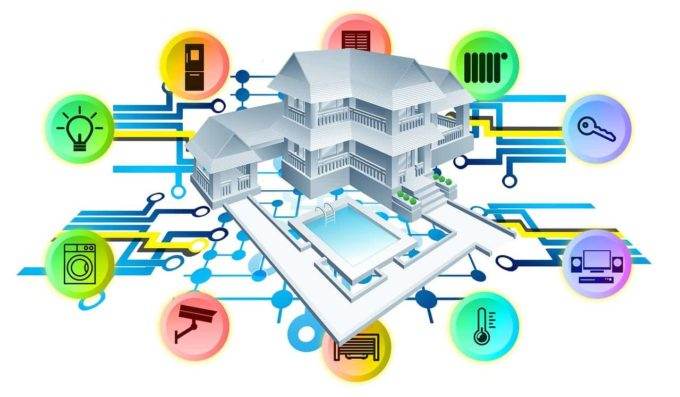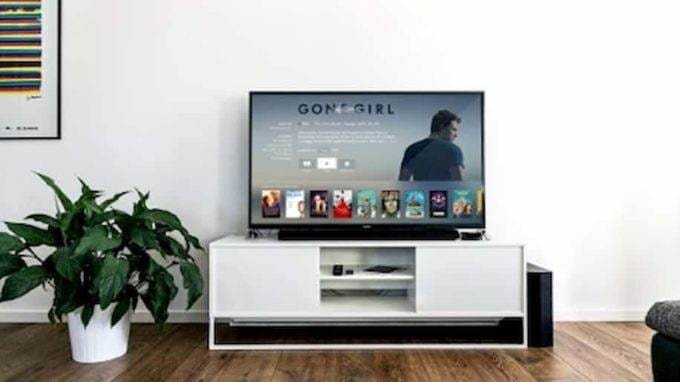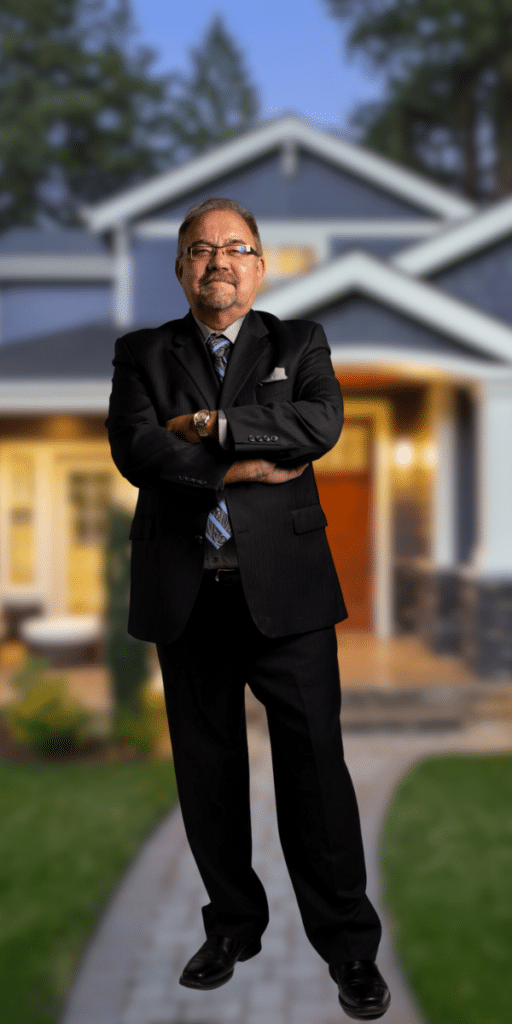Buying a house for the first or even the second time can mark an exciting milestone in your life. It means that you can finally make all of your homeownership dreams a reality and create a base for the life you’ve always dreamed of. However, before you get to that stage, you’ve got to overcome the hurdle of house hunting. If you’re a tech and eco-friendly millennial, then finding a smart home may be something that’s a top priority for you.
In fact, a Coldwell Banker and CNET Smart Home Survey discovered that 34% of homebuyers are millennials, and smart products are in 47% of those millennials’ homes. This is no surprise as millennials happen to be a tech-savvy generation, so it’s expected that they would, as a result, be interested in smart homes.
So, how do you find the perfect smart home, and what features should you be looking out for during your quest?

What Is a Smart Home?
Before budgeting for a smart home, it may be good to answer the question of what a smart home actually is. A smart home contains devices and appliances that are connected so they can communicate with each other and with you. Primary examples of such include automated door locks and garage doors that can be operated via your smartphone.
Smart devices can be incorporated into a new home that is being built. A survey from Coldwell Banker Real Estate found that over 60% of people would want smart devices pre-installed in the next home they purchased. In terms of pricing, it has been estimated that a smart home could cost around 5-10% more than a regular home. An alternative to buying a smart home is to take a traditional home and renovate it into a smart home. This could work out more affordably as you have the chance to pick and choose the functions that you want.

Have a Sufficient Budget
When hunting for a smart home, carry out research to see how much you’re going to need to buy a house, which will require that you first establish what you can afford to spend, as well as what tech you’re actually interested in having included.
In terms of determining how much you can afford, start by examining your expenses and decide what a reasonable amount to spend on housing is. It’s advised that you don’t spend beyond 30% of your income on household expenses, so if you earn $4,000 a month, you shouldn’t be spending more than $1,200 on mortgage payments. Once you know what you can afford, find out how much you’ll need for a down payment depending on the loan you choose. It’s typically 10% of the total cost of the house, but differing areas may vary. You’ll also need to factor in real estate tax, home insurance, and closing costs, which tend to be 2-3% of the total loan amount.
Aside from having a budget that will cover the costs of your home, be sure you put aside an emergency fund that consists of three to six months’ worth of savings in case unforeseen expenses arise. You should also get your credit score in good shape so that when you are approved for a mortgage, you can secure a low-interest rate, which will save you thousands in the long run.

Consider Renewable Energy
Automation is not only creeping its way into your modern-day home, but it’s also helping advance the renewable energy sector. Robots, for instance, can install pre-assembled solar panels. They can also help to keep them clean so that they’re operating efficiently. The result of this is solar energy becoming cheaper than fossil fuels and more eco-friendly, which is great news for you as a home buyer.
Many smart homes come equipped with renewable energy appliances or are designed to be equipped with renewable energy in the future. Seeing as smart homes are also more likely to use a great deal of energy based on their built-in tech abilities, it makes sense to utilize renewable energy in any way possible, both for the environment’s sake as well as for your wallet. Even more, it’s a way to enjoy the convenience of modern technology while reducing your carbon footprint as a homeowner.
You have different options when it comes to renewable energy, and one of the more popular is solar power. You could try automated solar tracking panels, which track the progress of the sun across the sky so you get maximum output. Buying a house that has solar panels already installed could help lower your energy bill and save you from having to install a system yourself. However, be sure to check whether the previous owner of the house fully-owns the solar panels or has leased them. If they’ve leased solar energy system, they probably pay a monthly fee to the company that installed the panels, so you should be aware of lease terms and the monthly fees.
Look Out for Automation
When looking for the ideal smart home, a core feature you should be looking for is automation. Although this is something that you can install after buying a home, you can find some that already have automation. Some key functions of automation at home would be boosting productivity, health, security, and eco-friendliness.
A trend in home automation that you may come across when house hunting is automated lighting. It allows you to control the lighting of your home from an app on your phone, tablet, or computer, which not only ensures you’ll be able to turn the lights on when you get home late, but also works as an incredible crime deterrent. On top of security lights, you might also invest in video surveillance systems, allowing you to monitor your house from your phone and smart door locks that make keyless entries possible.
Another form of smart home technology to look out for is a smart thermostat, which can shave dollars off of your energy bill. They do this by adjusting your home’s temperature to the humidity outdoors, balancing the two and ensuring your heater or air conditioner isn’t constantly kicking on and off all day and night. As with automated lighting, you can also control the temperature from your smartphone or other devices.
Finding the ideal smart home can take time, especially if you’re interested in one with the latest technology. As mentioned above, you have to make sure that you find something that aligns with your budget and also that meets your automation needs. By taking your time to figure out exactly what you want and get your finances in order, you should have your dream smart home in no time.
 About the Publisher
About the Publisher
Bo Kauffmann is a residential real estate agent with over 18 yrs experience in helping buyers and sellers achieve their goals. Inducted into the REMAX Hall of Fame in 2010 and receiving the REMAX Lifetime Achievement Award in 2019, Bo has sold over 500 houses and condos in the Greater Winnipeg market. He is an accredited buyer representative (A.B.R.) and a Luxury Home Marketing Specialist.
Bo provides exceptional service to First-Time Home-Buyers, Seniors looking to downsize and Home Sellers of all ages.
He can be reached easily By E-Mail or call/text him Call/Text Here
Never miss an episode of our real estate podcast. Install our FREE Podcast App available on iOS and Android. For your Apple Devices, click here to install our iOS App. For your Android Devices, click here to install our Android App. Check my videos on Youtube


Bo Kauffmann
I hope you enjoyed this post. I’d love your feedback…please let me know what you think, or your suggestions for smart homes